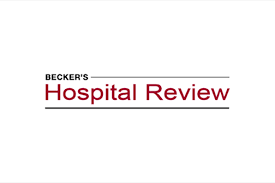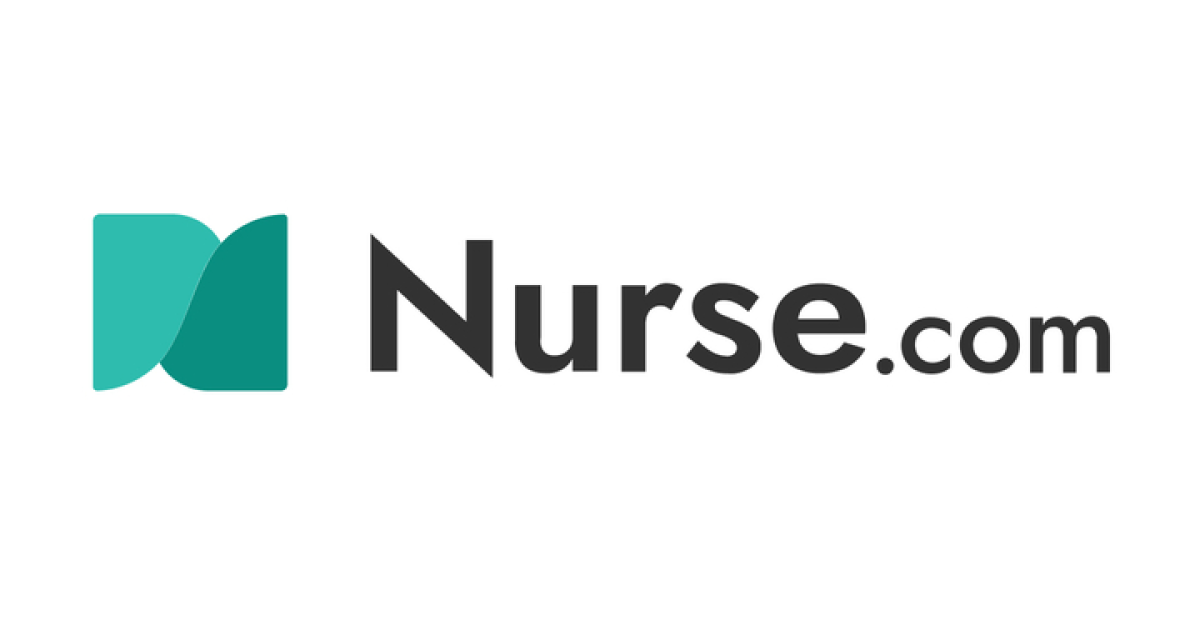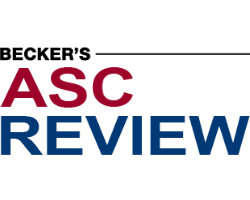Survey: Physician burnout reaches lowest point since pandemic

Editor's Note Less than half of physicians surveyed by the American Medical Association (AMA) in 2023 reported feeling burned out—the first time the figure has dropped below the 50% mark since 2020. These findings evidence continued decline in burnout from the record-high 62.8% in 2021 and 53% in 2022, according…
Leadership survey: Operational demands overwhelming hospitals

Editor's Note Nearly half of hospital executives report that their hospitals are not fully prepared to cope with patient volumes, Becker’s Hospital Review reported June 13. Citing the June 12 Hospital Operations Outlook Survey from FTI Consulting, Becker’s reports that nursing and mental and behavior health specialists represent the greatest…
Study: Surgeons cited for unprofessional behavior more frequently than other specialties

Editor's Note Surgeons are more likely to be reported for unprofessional behavior than any other category of physician, and pediatric specialists are least likely, according to a study published June 6 in Jama Network Open. Based on data from the Center for Patient and Professional Advocacy's Coworker Observation Reporting System…
Study: Depression, lack of support outweighed pandemic-specific influences on nurses leaving jobs in 2020

Editor's Note Coworker and employer support strongly influence nurses' intentions to remain in their jobs, while symptoms of depression are associated with nurses planning to leave, according to a study conducted during the COVID-19 pandemic by researchers at NYU Rory Meyers College of Nursing. Available to the public September 30…
Mental health, violence top list of concerns in biennial nursing report

Editor's Note The 2024 Nurse Salary and Work-Life Report, a biennial survey from nurse.com, asked participants for the first time this year about workplace violence and how work affects their mental health and wellness. According to an April 9 press release, 64% reported verbal abuse and 23% reported physical assault…
Surgeons, anesthesiology rank high on “stressful job” list

Editor's Note Citing research from Dolman Law Group, a March 11 article in Becker’s ASC Review notes that surgeons have the second-most stressful job of any profession in the US. Anesthesiology was third most stressful, while paramedic was fourth. Steelworker topped the list. The Dolman Law Group research examined data…
Nurse leaders on how to improve nurse wellness, reduce burnout

Takeaways Research shows that there are high nurse burnout rates from systemic workplace issues, including unmanageable case-loads, poor communication, excessive administrative burdens and an overall lack of care. Nurse wellness programs—including resilience training, peer-to-peer counseling, and meditation—are critical, because of high exposure to trauma and suffering, but these efforts need…
Study finds most nurses felt undervalued during pandemic
Editor's Note A study of nurses in the UK found that the majority of those surveyed felt undervalued and under-recognized, perceiving that they did not have a voice in higher-level decision-making, during the pandemic. The findings were published in the Journal of Advanced Nursing on October 30. Forty participants were…
Leadership workshop: Effectively Coping with Stress–The Case for Wellness Integration
Editor's Note Wellness is multidimensional. Wellness is more than just physical help. Wellness also includes mental, environmental, spiritual, social, and emotional considerations. Those are some of the lessons presented in this OR Manager Conference Workshop, “Effectively Coping with Stress—The Case for Wellness Integration,” presented by Kevin Merrigan, founder and director…
AI can help nurses balance workloads, avoid burnout
Editor's Note In an August 14 interview with HealthLeaders Media, David Benton, PhD, RN, RGN, FRCN, FAAN, CEO of the National Council of State Boards of Nursing, says artificial intelligence (AI) has important roles in training nursing students, balancing nurse workloads, and managing patient care, which ultimately helps reduce stress…

 Free Daily News
Free Daily News